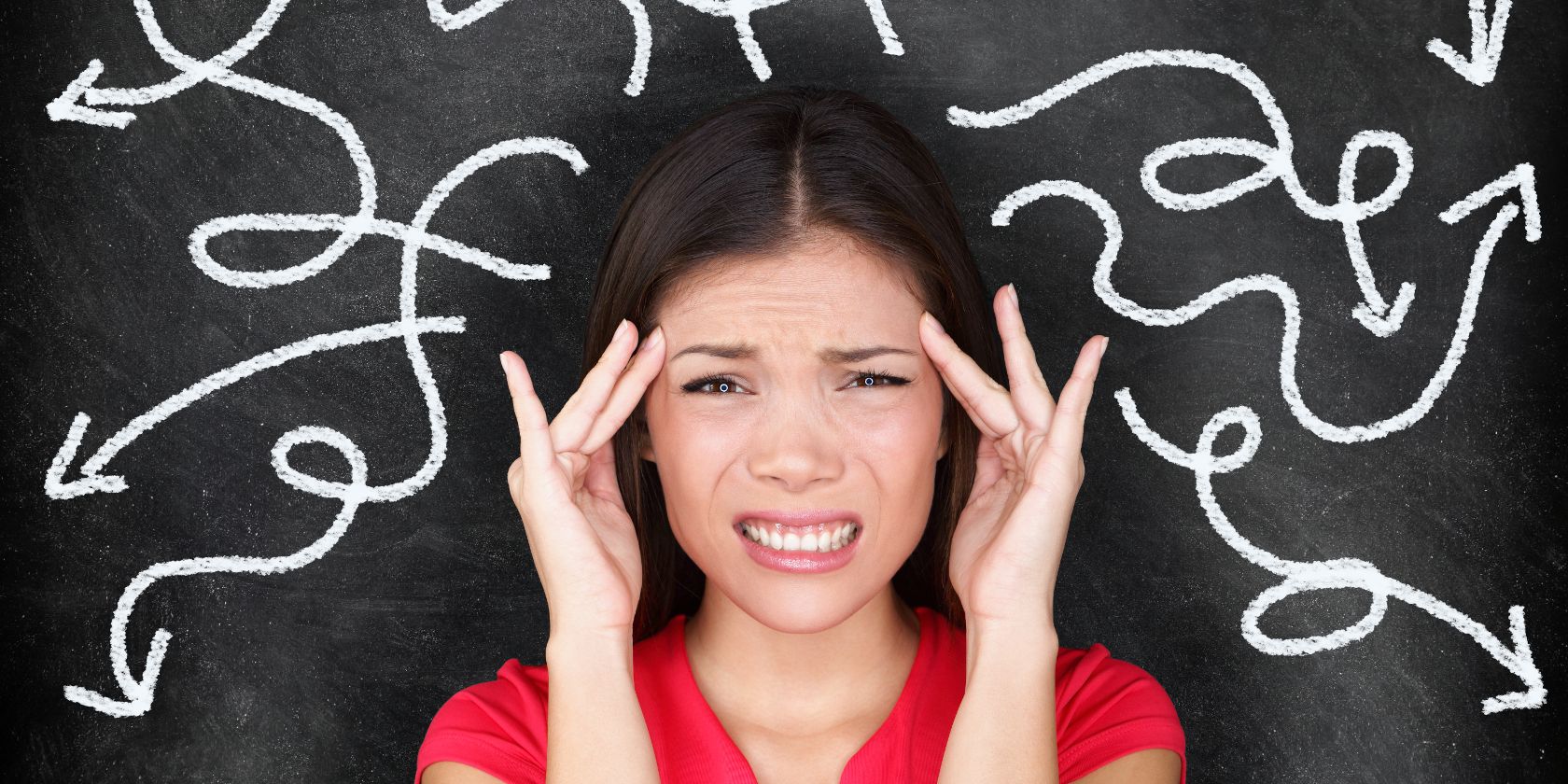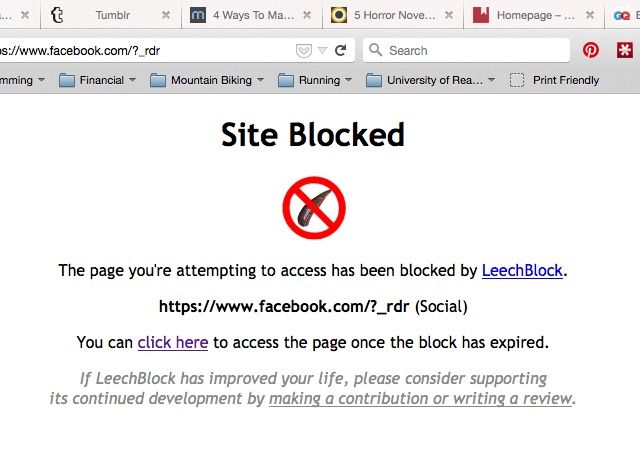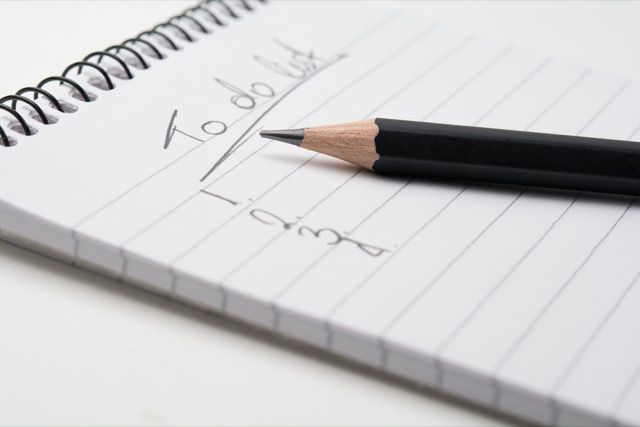It's the end of a long, busy day, and you're standing in line at the grocery store. You're exhausted and just want to get home and cook dinner. As you approach the till, you're confronted with yet another decision: should you buy your favorite candy or sweets? There's a reason why it's hard to resist, and that reason is decision fatigue.
Let's take a look at what decision fatigue is, how it makes our lives more difficult, and some strategies to help you manage it.
What Is Decision Fatigue?
Most people make thousands of decisions every day. Some of those decisions are large — should I open a business? Should we go ahead with this merger? Should I ask my boyfriend to marry me? Some are trivial — what should I have for lunch? Should I check Facebook now or later? Should I work from home or a shared co-working space?
After making so many decisions, your brain gets tired. It gets harder to weigh the pros and cons of choices. You might make a choice just for the sake of making a decision instead of weighing the options. Or you may feel irritable because you don't want to think about decisions anymore. That's decision fatigue.
Decision fatigue is closely related to ego depletion, another unpleasant phenomenon in which self-control or willpower runs short. It's a somewhat controversial idea, but there's plenty of anecdotal evidence: if you've been using your willpower all day (by staying off social media at work, for example), it's hard to exercise self-control at the end of the day.
These two phenomena combine to hamper your decision-making ability. You might sabotage your diet with a fast food dinner on the way home. Maybe you skip your workout for the day. Or take the day off of trying to internalize your newest habit. No matter how it manifests, decision fatigue is bad. Here's what you can do to keep it at bay.
Reduce Decisions
One of the best things you can do to avoid decision fatigue is to find a way to remove a number of decisions that you need to make. For example, it can go a long way toward fighting ego depletion if you use a distraction blocker to keep yourself from looking at Facebook during work hours.
Turning decisions into habits also reduces mental effort — instead of deciding whether you should drive or bike to work, use a gamification strategy to turn cycling into a habit that you don't have to think about. You don't need to start with something life-changing; even micro-habits can kickstart big changes.
You can also use some apps to make decisions for you so you don't have to think about them at all: there are plenty of financial apps that will help you save more money or get started investing, for example. Take some time to figure out where you make a lot of your decisions and see what you can do to cut down on the number.
Prioritize Your Day
When you start your day by looking at your list and seeing dozens of tasks that you need to take care of, you're putting yourself at a disadvantage. You'll start the day stressed and already on your way to decision fatigue. A prioritized list can change that.
If you have a smaller, high-priority list, the decision you need to make is easier. And if you have a "#1" item, the decision is already made for you. You can start your day by accomplishing something important instead of trying to decide what to work on.
There are plenty of apps that will help you prioritize your activities:
Priority Matrix (free for iOS and Android) lets you put tasks into four different priority categories and organize them by project.
iPrioritize, an older app for iOS, makes you answer questions about each task on your list that will show you whether it belongs there.
A good habit to get into is prioritizing your day's tasks before you go to bed the night before. That way, the prioritization isn't contributing to your decision fatigue before you even get started the next morning.
Embrace Minimalism
The more clothes, books, apps, and other sorts of things that you have, the more decisions you have to make. Make it easier for yourself by cutting down on your stuff so you don't have to make as many decisions. It's not always easy to get started, but embracing minimalism can drastically reduce the number of decisions you make.
"But what if I need stuff!?" That's often the question I ask myself when I think about minimalism. Fortunately, there are lots of solutions. If you cut down on a lot of your clothes, you can pick up desperately needed items of clothing for free. You can rent video games, borrow e-books, and share stuff with your neighbors.
When you take part in the sharing economy and decrease the number of things you own, you'll reduce the number of decisions you have to make every day.
Bonus: Be Smarter About Decision-Making
When you actually do have to make decisions, you can be faced with a lot of intermediate ones that you need to deal with before actually coming to a final decision. If your decision-making process is efficient and effective, you'll save a lot of time and mental energy.
Effective decision-making and using willpower are skills like any other, and they can be practiced and improved. Make a point to be as intentional as possible about smart decision-making, and you'll get better at it. Also, make your most important decisions in the morning, when you still have a lot of mental energy.
There are plenty of apps out there that will help you make decisions by walking you through the steps you need to take to best analyze your choices. Having this bit of guidance can make a big difference in how efficient your process is. And when the decision doesn't really matter, there are apps that will flip a coin or roll a dice for you, too!
Don't Let Decision Fatigue Drain You
We're faced with thousands of decisions every day — and computers and smartphones only compound the problem by providing us with more distractions and the constant need to inhibit our impulses. But by setting yourself up to make only the most important decisions and to deal with them as efficiently as possible, you'll save a huge amount of mental energy so you can be more effective in the things that are actually important.
Do you experience decision fatigue and ego depletion? How do you deal with them? Which strategies have you found most effective in maintaining your ability to make good decisions? Share your thoughts below!
Image Credits: Confused woman, Side view mirror view reflection, Close up of a pencil and a notepad, Wide view of a work desk interior, Business office scene via Shutterstock.






